As the buyer, you’ll most likely be paying for the home inspection so you’ll want to hire an experienced, licensed home inspector that will complete a thorough evaluation of the condition of the home you are contracted to purchase.
You’ll want to know that you are getting the most benefit for your money so you should get recommendations from people you trust, including your realtor and anyone that has recently worked with an inspector in the area as well as national databases. You can search databases of certified home inspectors on the International Association of Certified Home Inspectors (InterNACHI) website or on the American Society of Home Inspectors (ASHI) website.
Truthfully, most of my buyer clients just ask me to “take care of” finding a home inspector but I always provide them with access to the above databases and/or databases provided by my local REALTOR® board and will provide the names of at least three local inspectors with whom I’ve personally worked when possible. If you choose the more hands-off approach and want your agent to “take care of it,” your agent should still provide several options along with at least basic responses to most of the questions below – allowing you to select the home inspector based on their responses. At the very least, you and your agent should ensure you know the answers to the first three questions below for any inspector you are considering!
Once you have selected several inspectors from referrals and/or the databases, you can research their reviews online and can call to ask them questions before making a decision. It’s important to note that some inspectors work as sole proprietors or in small offices where there are only a few inspectors while others work in larger companies where you may not be able to request a specific inspector. If this is the case, you can ask the questions about the company’s inspectors in general and request an inspector with specific experience or certifications if that’s applicable for your purchase.
Questions buyers should ask a home inspector before hiring them:
1. Are you licensed, insured and bonded for the area (where you are purchasing a home)?
Some inspectors cover a very small area while others service much larger areas so you’ll want to ensure the inspector you select serves the area where you are purchasing a home before you ask any other questions.
2. What inspections do you provide and what is the cost for the inspections?
Cost should not be the only factor in selecting an inspector but you’ll want to know upfront what the cost will be before making your final choice. While the National Association of REALTORS® (NAR) estimates the average cost of a basic home inspection to be between $300 and $500 for a standard single family residence, prices can vary significantly based on how an inspection company calculates their fees and how busy they are.
You’ll need to provide the inspector with the location, age, and size of the house being inspected as well as any extenuating circumstances for them to calculate the actual cost as these are all typically factors in determining the fee according to the American Society of Home Inspectors (ASHI). The adjustment for these factors can cause the price to be up to several hundred dollars higher than the $300 – $500 average so it’s highly recommended that you ask for an estimate from at least 3 different inspectors to see what the range of services and costs are in your area.
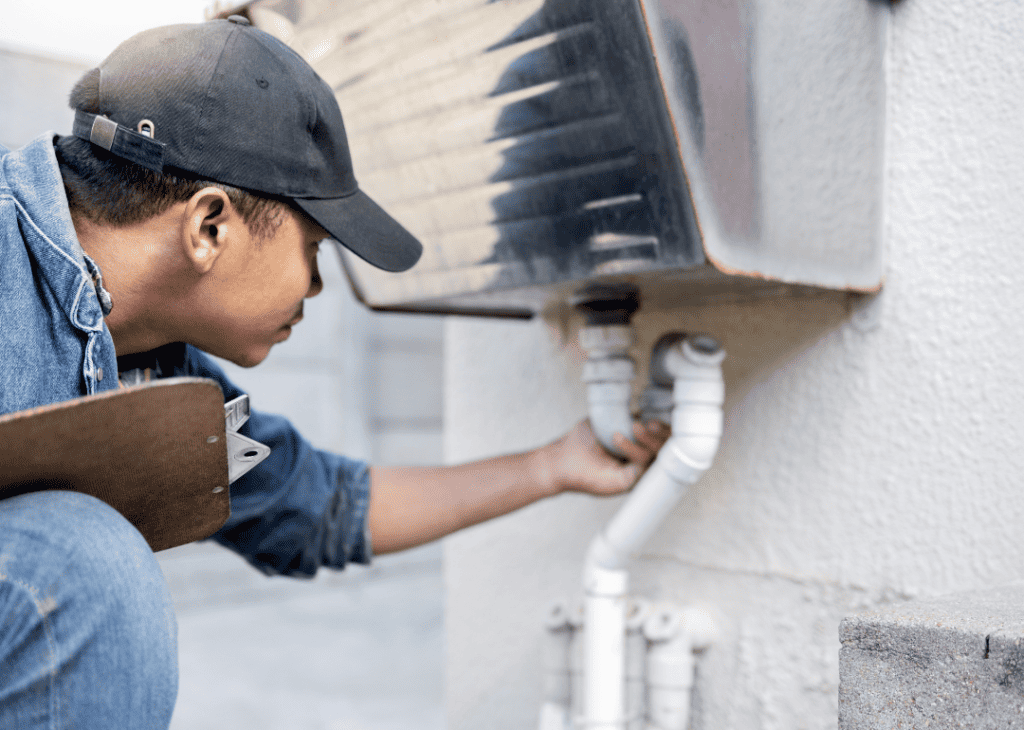
You will want a home inspector to perform a Structural and Mechanical inspection to evaluate the condition of the home and its systems. Many but not all home inspectors can also perform other more specific inspections such as mold (through sampling), well and septic, and radon testing (which requires specialized equipment) for additional fees. Some lenders require well and/or septic inspections that may require a separate inspector.
Certain areas and lenders may require radon testing – even if it’s not required but is a known issue in the area in which you plan to purchase a home, you should include it on your inspections contingency in case mitigation is required (consult your realtor for location-specific information about radon).
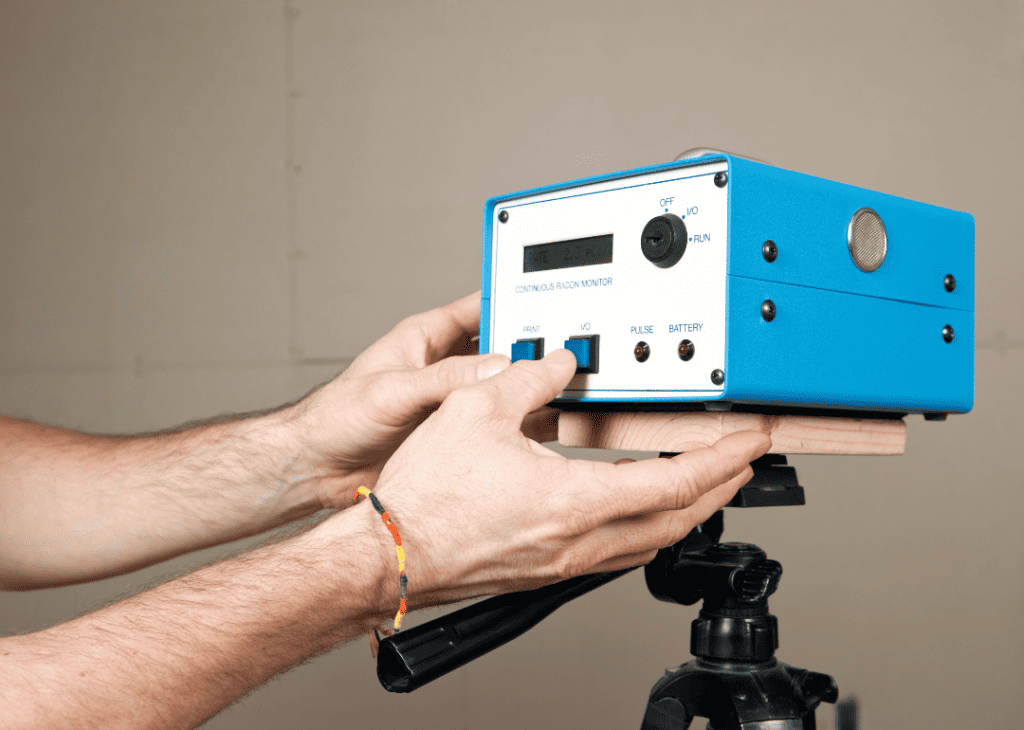
Most inspectors defer to pest control companies for Wood Destroying Insect (WDI) inspections, which may or may not be required by your lender. Similarly, most home inspectors will defer to a separate chimney inspection by a chimney cleaning and inspection company – so be prepared to hire both WDI and chimney inspectors separately if these inspections are elected or required.
Additionally, if you are purchasing a manufactured home or a home that is found to have major structural or foundation issues, your lender may require you to hire a Structural Engineer to evaluate the stability and foundation of the home at an additional cost.

3. May my realtor and I attend the inspection?
Even if you don’t plan to attend the full inspection or even part of the inspection, you should expect your realtor to do so and should expect the inspector to allow your attendance. The inspector’s response to this question will give you a good indication of how open they will be to questions during and after the inspection. You are paying for this inspection and have a right to attend so you can not only see where potential issues may be but can also learn the location of and access points to major systems such as the electric panel, water shut-off valves, and locations of air filters for heating and air conditioning units.
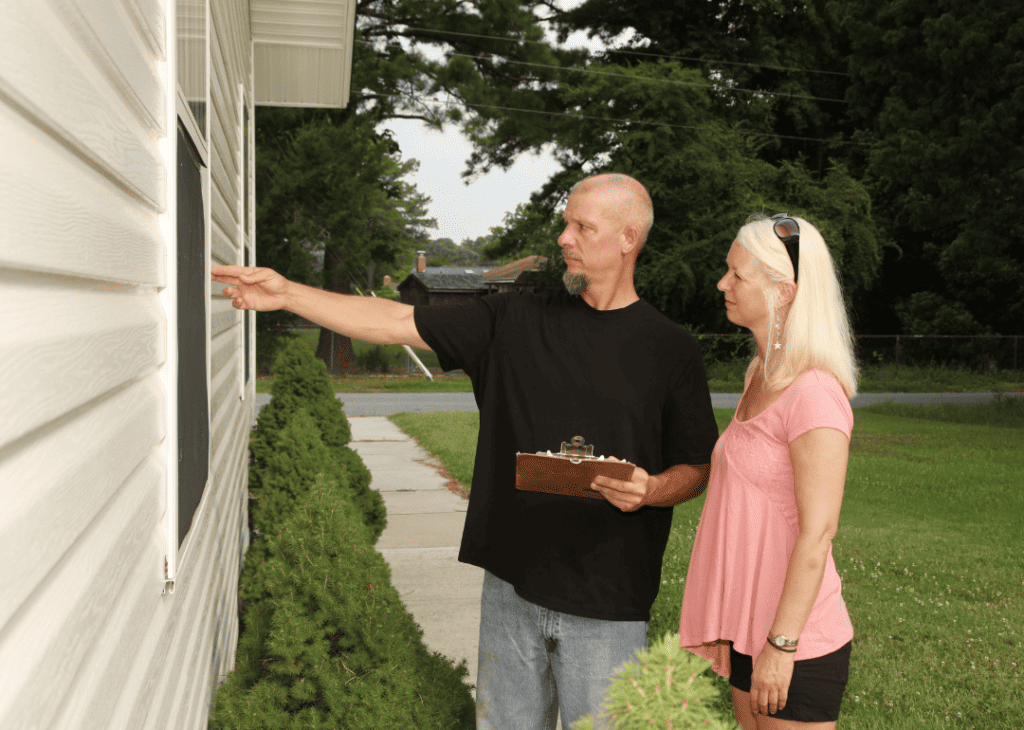
Consult with your realtor to decide if you should attend all or part of the inspection and don’t accept an inspector’s response that neither you nor your realtor ‘need’ to be there. If you do attend, you are not there to interfere with or guide the inspection and are expected to just observe. If you or your realtor have questions during the inspection, you can either write them down to ask at the end or ask the inspector if they are open to discussion during the inspection without impeding their work.
4. How detailed is the information on the final report?
The inspector should be able to list what systems and specific items they will inspect as well as what they are unable to inspect. Although the inspection is expected to be thorough, it cannot possibly be all-encompassing as many parts of a house are unable to be physically observed even with tools and technology.
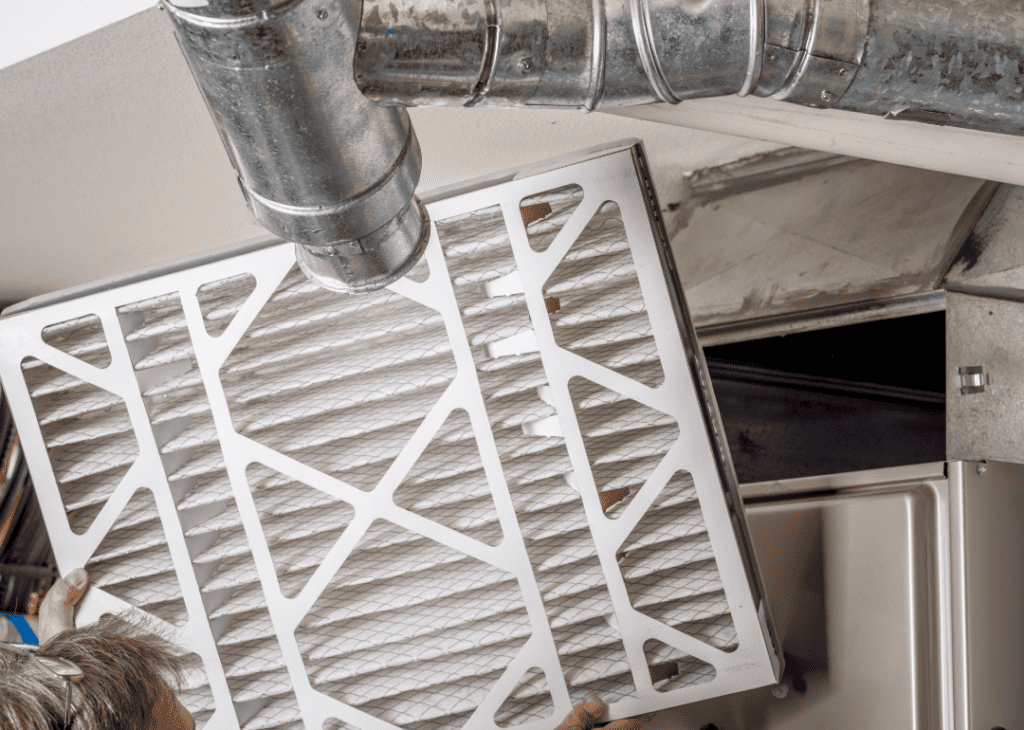
Ensure that the home inspection report will include photos (particularly documenting items requiring repair or those presenting safety hazards), ratings of condition, and information on items that are malfunctioning, dangerous, or in need of immediate repair or replacement for livability and safety.
Because you and your realtor will use this report to potentially negotiate for repairs or price adjustment, you want to understand how the inspector will determine which repairs are the most important and/or most expensive. Most inspection reports will also provide estimates of expected working life of major appliances and systems so you’ll want to be sure the inspector you select will provide all of this information since it will help you budget for maintenance and replacements of major items such as heating and air units, water heaters, major appliances, and the roof.
5. How long does a typical inspection take you to complete?
The inspector should respond that the size, age, condition, and structure of a home all play a significant role in the time the inspection will take. According to responses in a NACHI forum of home inspectors, many inspectors estimate 1.5 hours for a standard 1,000 square foot home in average to good condition.
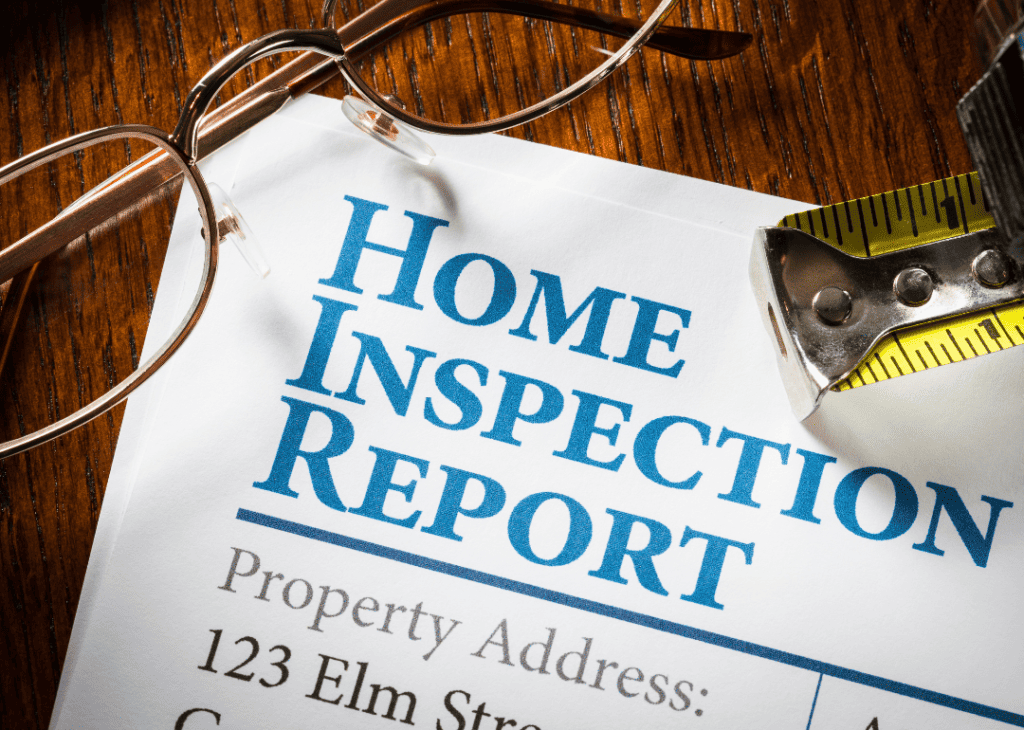
Most inspector’s responses stated the average time spent on the typical inspection ranged from 2.5 to 4.5 hours since most homes are larger than 1,000 square feet. Even more time may be necessary for larger homes, older homes, or those with non-standard structures or mechanical systems. If your inspector responds with a time significantly lower or higher for your property, you should ask why.
6. What is your typical turn-around time on an inspection report?
This can be dependent on the systems they use to complete their reports or even their company policy but you should expect to receive the report within 1 – 2 days of the inspection. Some inspectors complete the electronic report within a few hours of the inspection and many companies promise a 24 hour or less delivery.
7. Are you familiar with homes in the location and of the type I am planning to purchase?
This question is especially important if you are buying a home in an area that has unique characteristics or locations. For instance, if you are purchasing waterfront property, property located in a floodplain or in or near wetlands, you would want an inspector with experience with structures with the potential for water damage. Condos and townhomes, cabins, manufactured homes, and homes with features such as indoor pools, greenhouses, or extensive decking may present challenges to inspectors with little or no related experience.

8. How will you assess the condition of the roof, plumbing, and foundation of the home?
Most inspectors use specialized tools including scopes, special cameras, and drones to look into difficult-to-see areas. This question provides the inspector with an opportunity to share what tools they have to ensure they are able to thoroughly inspect the property. Depending on how the home is built (slab, basement, crawlspace, etc.), they may not be able to assess the foundation at all. Remember, the inspection is not going to see everything everywhere but the inspector should be able to at least minimally assess the house’s systems.

9. Are you available to elaborate on any findings in your report after the inspection?
If the report is thorough, it’s likely you will not need to ask for much, if any, elaboration but this question ensures you have the opportunity to ask questions, especially if you are not attending the inspection.
10. Ask for clarification of any issues with online reviews.
You can’t always rely on Google, Yelp, or other online reviews for any professional so if in your initial research of an inspector you find a negative comment, it’s fair to ask them to explain any extenuating circumstances leading to that negative review. If their answer is insufficient or concerns you in any way, it’s time to select a different inspector.


